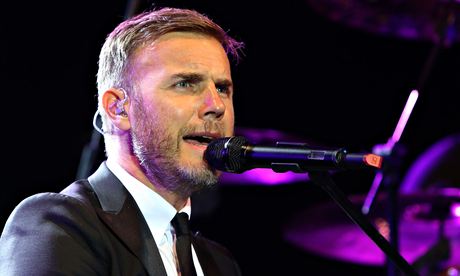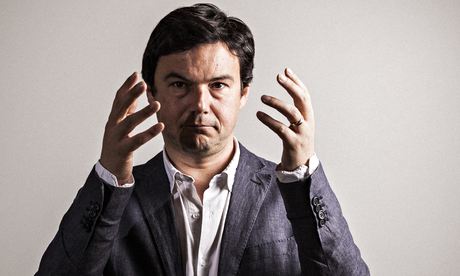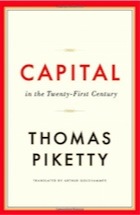
When David Cameron defended Gary Barlow by highlighting how much the singer did for charity, the Prime Minister tapped into a wider tendency among the super rich to chose philanthropy over the taxman.
Mr Cameron applauded Barlow’s participation in Children in Need, which raised more than £6 million in 2009. However, a year later Barlow and his Take That band mates Howard Donald and Mark Owen, along with their manager, Jonathan Wild, invested the first chunk of £66 million into the Icebreaker tax scheme.
Dozens of billionaires and multimillionaires minimise the amount of tax that they pay to their governments at the same time as donating hugely to good causes. Sir Philip Green, the Top Shop fashion mogul, saved about £285 million in capital gains tax when his company, Arcadia, paid out a £1.3 billion dividend tax-free to his Monaco-based wife, Tina.
Yet Sir Philip has given millions of pounds to charity, including recently pledging £100,000 to help London’s poorest people. In 2012 he estimated his contribution in direct and indirect tax at £2 billion.
Sir David and Sir Frederick Barclay, billionaire owners of the Telegraph newspaper group and high-end hotels, are residents of Monaco, a tax haven. They have donated £16 million to children’s hospitals and were knighted for their support for medical research.
Sir Frederick has said that the brothers left the UK for health reasons 23 years ago and continued to pay personal tax in this country for 18 of those years. “[Our]charitable donations far outweigh what we would have paid in tax if we had remained residents of the UK,” he said.
Philanthropy experts said that many super-rich people believe in a “smaller government” but still want to give something back.
“Some believe they know how to spend their money better,” said Beth Breeze, a director at the University of Kent’s Centre for Philanthropy. “When you pay tax, you feel out of control. You don’t have a say beyond the broad colour of the government. But donors can give their last penny to dogs, if they like, rather than cats. It’s about exercising personal choice.”
Dr Breeze pointed out that some billionaires, such as Warren Buffett, have called for higher taxes on the super-rich. “Some philanthropists feel cross about waste in the public sector,” she said. “But most people don’t like paying tax, whether they are rich or not.”
Theresa Lloyd, the author of the book Why Rich People Give, said there was no evidence that philanthropists avoided taxes more than anyone else. “On the contrary, the people I interviewed are good community citizens,” she said. “Having said that, seeing the difference that their money can make is undoubtedly for some very satisfying. It’s a sense that ‘I’m more effective and could make things happen more quickly’.”
Albert Gubay, the Welsh founder of the discount chain Kwik Save, whose wealth is close to £1 billion, has lived on the Isle of Man since 1971. In 2010 the devout Roman Catholic passed his companies into the hands of a trust, pledging to donate all bar £10 million to good causes.
Leanne Wood, Plaid Cymru’s leader, has questioned whether Mr Gubay’s wealth might have done more good had he remained resident on the British mainland. “By becoming a tax exile on the Isle of Man, Mr Gubay has boosted his personal fortune at the expense of the state,” she said in 2011. According to a profile in the Daily Express, Mr Gubay’s business mantra is: “Every penny wasted in business is a penny lost for the charity pot.”























